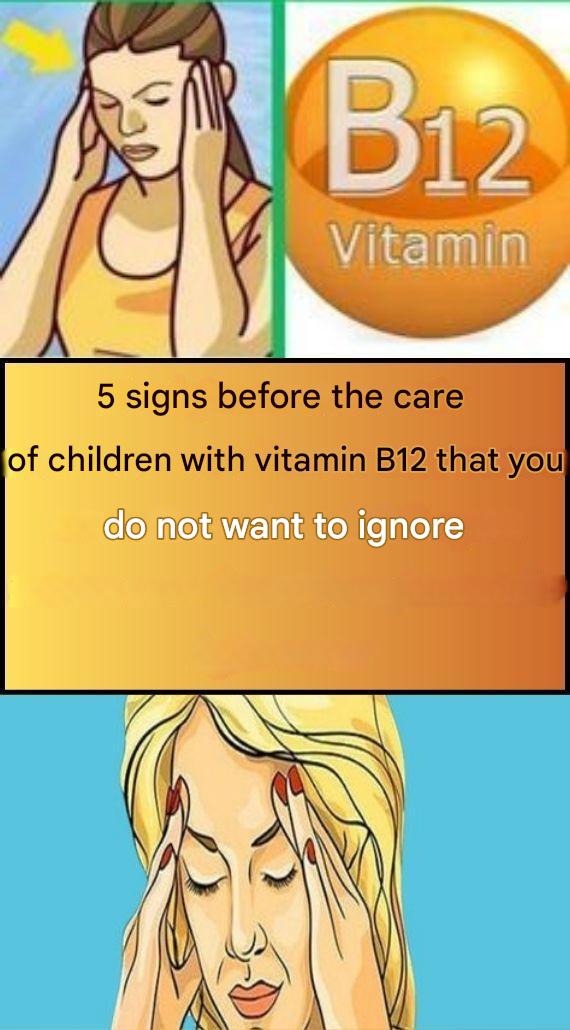ADVERTISEMENT
#### **What to Do:**
If you are experiencing memory loss, confusion, or difficulty concentrating, talk to your doctor. They may recommend a blood test to check your B12 levels. Early intervention with B12 supplementation can help improve cognitive function and prevent long-term damage to your brain health.
—
### **How to Prevent and Treat Vitamin B12 Deficiency**
– **Dietary Sources of B12:**
To prevent a B12 deficiency, it’s important to include foods that are rich in B12 in your diet. These include animal products such as meat, poultry, fish, eggs, and dairy products. For vegetarians and vegans, fortified foods such as plant-based milks, cereals, and nutritional yeast can be valuable sources of B12.
– **Supplements:**
If you have trouble getting enough vitamin B12 from food sources or have a condition that affects B12 absorption (like celiac disease, Crohn’s disease, or a history of gastric surgery), supplements may be recommended. B12 supplements come in various forms, including oral tablets, sublingual tablets, and injections.
– **Regular Checkups:**
If you are at risk for vitamin B12 deficiency, such as being older or following a vegetarian or vegan diet, it’s important to have your B12 levels checked regularly during checkups.
—
### **Conclusion**
Vitamin B12 deficiency is a common issue, especially for older adults, vegans, and those with certain medical conditions. Early detection and treatment are essential to prevent serious complications, such as nerve damage and cognitive decline. If you’re experiencing any of the warning signs outlined above—such as fatigue, skin changes, tingling, balance problems, or cognitive issues—it’s important to talk to your healthcare provider for proper diagnosis and treatment.
By ensuring you’re getting enough B12 through your diet or supplements, you can protect your overall health and enjoy a higher quality of life.
ADVERTISEMENT
